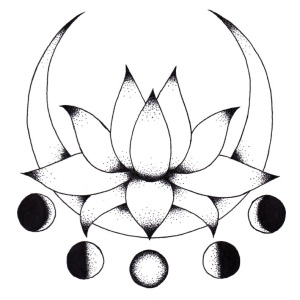My life, like everyone else, unraveled during the pandemic. I sheltered at home and seized the downtime to delve into studying Sanskrit. Then I had an emergency abdominal surgery which challenged my home practice. I got a job at my local hospital working on the medical-surgical floor as a nurse’s assistant…and then it was converted to a COVID floor. I will never forget that morning as we all huddled in prayer at the beginning of our shift and I just wanted to run and cry out, “woah, wait, I didn’t sign up for this!” But then I looked around at all the incredibly brave and compassionate staff surrounding me and asked myself “What would Krishna say to Arjuna?” And that’s just it, more than any one thing, it’s been that story, his journey, in the Bhagavad Gita that I continually draw inspiration from. And I want to share what I’ve gleaned from it with you.
Bhagavad Gita Chapter 4, Verse 18
कर्मण्यकर्म य: पश्येदकर्मणि च कर्म य: |
स बुद्धिमान्मनुष्येषु स युक्त: कृत्स्नकर्मकृत् ||
karmaṇyakarma yaḥ paśhyed akarmaṇi cha karma yaḥ
sa buddhimān manuṣhyeṣhu sa yuktaḥ kṛitsna-karma-kṛit
He who recognizes inaction in action and action in inaction is wise among men; he is a YOGI and a master of all actions.
An infant who pulls on a man’s beard while sitting on his lap has no motive behind it. Action without compulsivity is Karma Yoga. It is free from the fruits of its outcome. “When an individual detaches himself and observes his own activities as part and parcel of the world of activities around, he gains in himself an indescribable poise. The train runs, but not the steam. The fan moves, but not the electricity. The fuel burns, but not the fire. The body, mind, and intellect function and act, but not the Self, the Life in them. Desireless activities when undertaken and performed in a spirit of dedication, purify us and the intellect thereby gaining a new keenness. We have the capacity to observe ourselves as an actor on the stage of life and it redeems us from our selfish preoccupations with life’s ever-changing incidents and accidents.” ~Swami Chinmayananda
